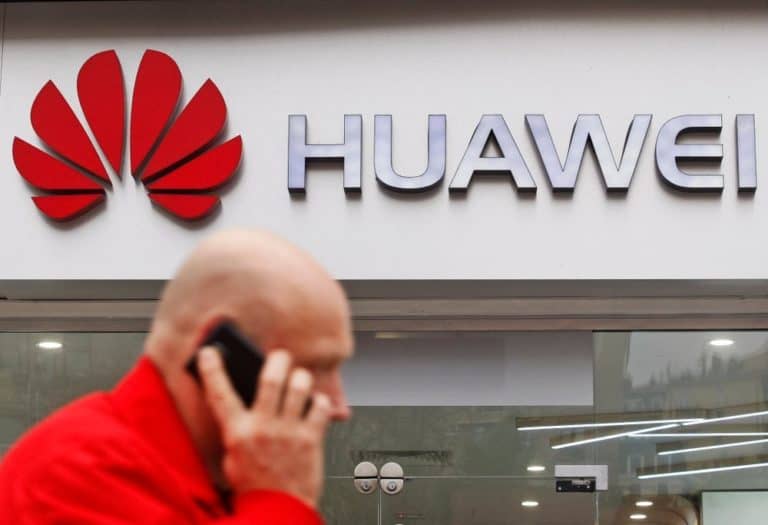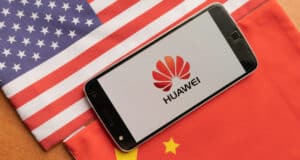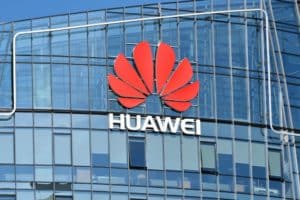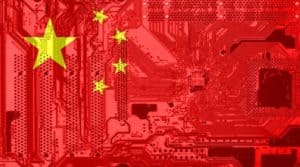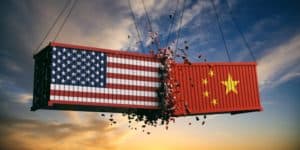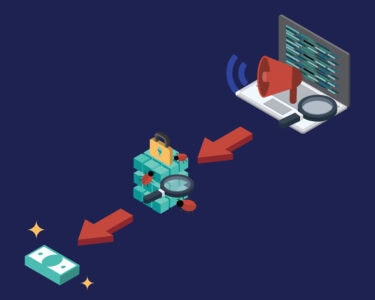The US government has temporarily relaxed the trade sanctions imposed on Huawei last week. As a result, the Chinese company is temporarily allowed to buy goods made in America. In this way, the government tries to limit the disruptions for its customers.
The United States blacklisted Huawei for trade last week. As a result, the Chinese company is no longer allowed to purchase parts and components from US companies without the permission of the US government. The rule came after years of tension between the company and the US. The country thinks that the Chinese government can misuse the company’s equipment for espionage.
Now those sanctions have been temporarily relaxed by the U.S. Commerce Department. Huawei may purchase goods made in America to maintain existing networks and provide software updates to existing mobile devices. However, the company may not purchase parts and components to develop new products without a licence.
Consequences of sanctions
With the temporary authorisation, telecommunications providers who depend on Huawei equipment should be given time to make other arrangements. “In short, this license allows operations to continue working for existing Huawei smartphone users and broadband networks,” said Wilbur Ross, the U.S. Commerce Secretary.
The relaxed rules apply until 19 August. The relaxed rules suggest that changes to Huawei’s supply chain have major, far-reaching and unintended consequences for its consumers. For example, Google announced the weekend to revoke the Android license of the Chinese company. As a result, future Huawei smartphones may no longer be able to access popular Google apps such as YouTube and Gmail. For users of existing devices, nothing changes.
However, Huawei founder Ren Zhengfei said that the relaxed rules are of little interest to the company, as it had already prepared for a scenario with trade restrictions. “The current actions of the American government underestimate our possibilities,” says Ren.
This news article was automatically translated from Dutch to give Techzine.eu a head start. All news articles after September 1, 2019 are written in native English and NOT translated. All our background stories are written in native English as well. For more information read our launch article.